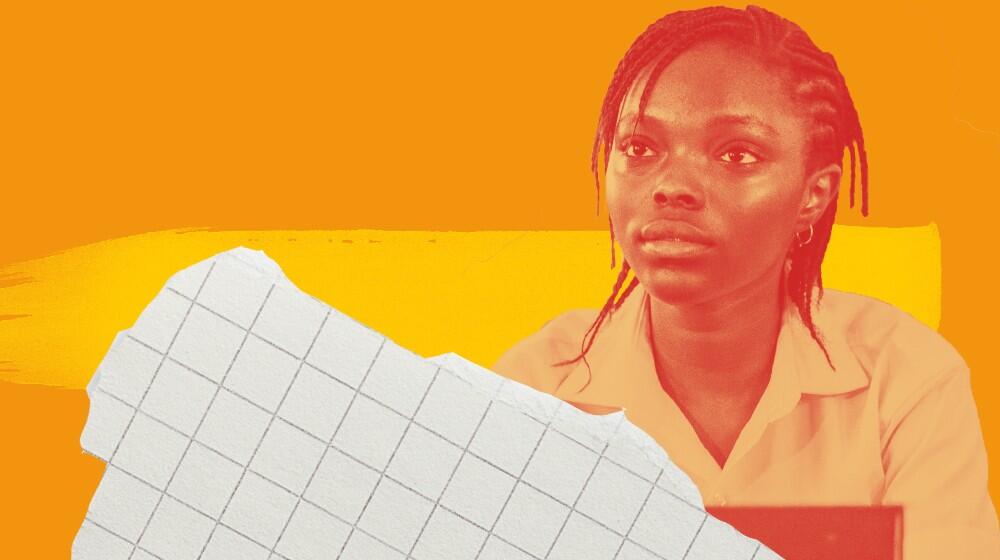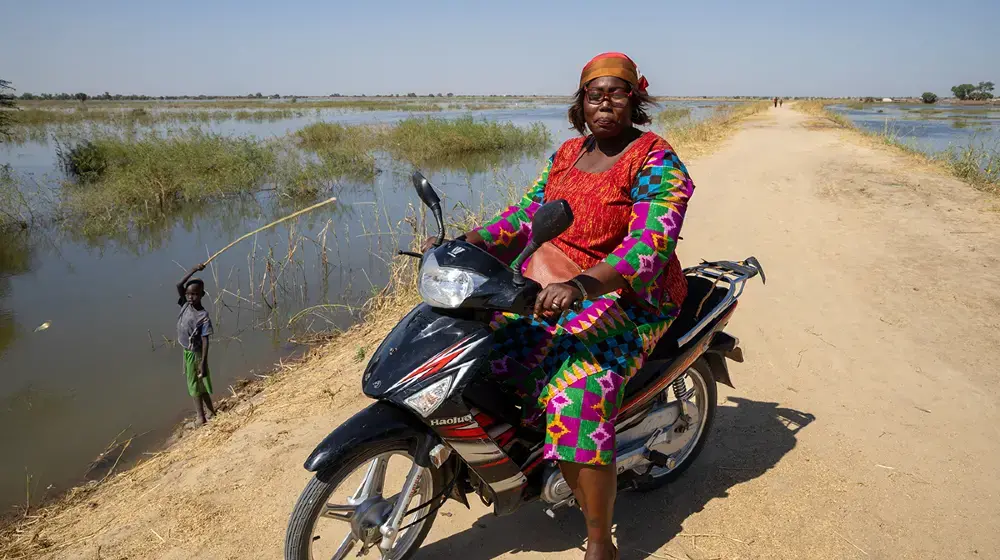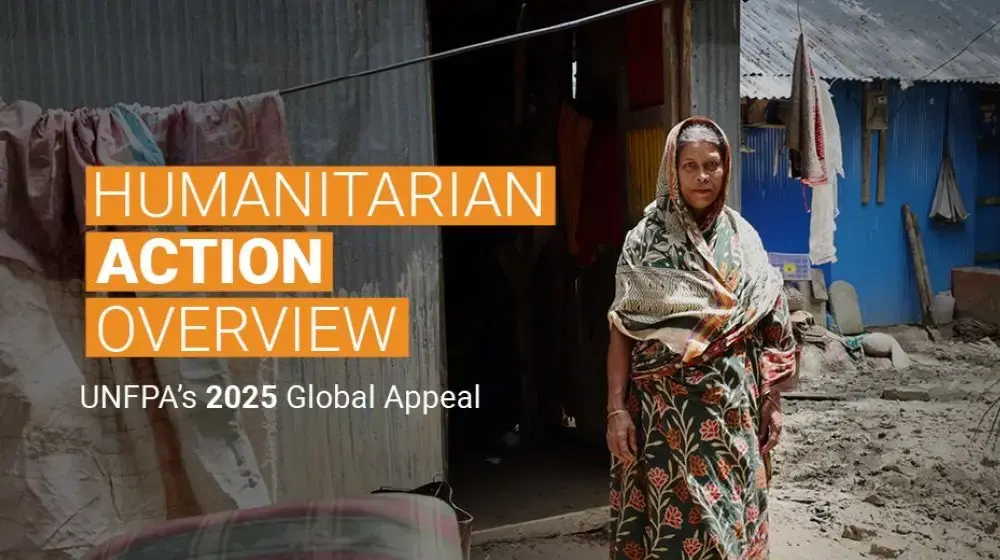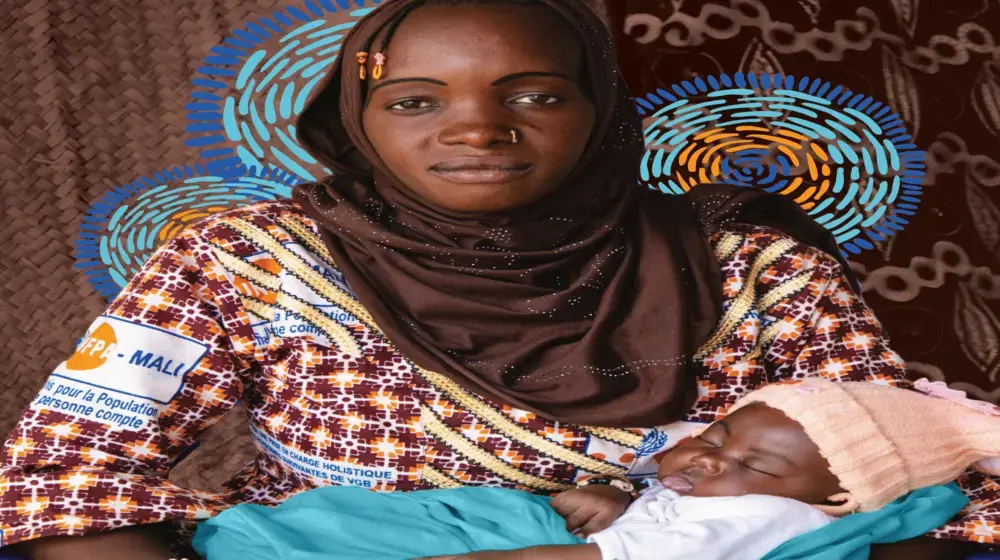Curricula that have proved effective in improving menstrual health and hygiene share the following features: they are broad in scope (address MHH alongside other related topics), effective even when adapted to a different setting, fully implemented (cover all originally intended content), consider learners’ contexts, incorporate discussion about rights, adopt a gender approach, and involve adolescents. Menstrual health education also needs to be provided earlier (before girls start menstruating), be age-appropriate and
developmentally appropriate, and be repeated several times.
Providing skills and competence-based education focusing on health and rights, to both girls and boys, to break the stigma surrounding menstruation
improving linkage between health services and schools, as well as providing menstrual products to enable girls to participate fully in the classroom
Encouraging greater government involvement in improving integration of menstrual health in school settings.
https://wcaro.unfpa.org/sites/default/files/pub-pdf/mhh_symposium_summary_report-english_web_0.pdf





